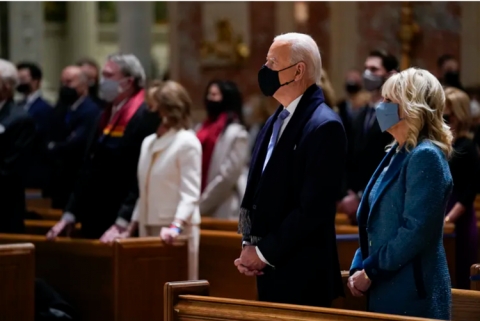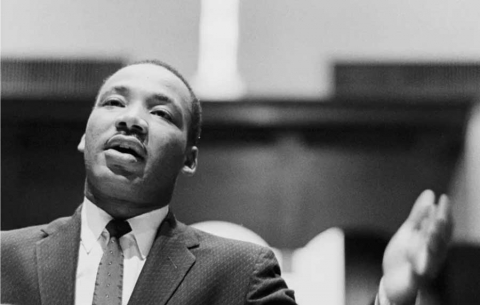The Conversation
 The Conversation US arose out of deep-seated concerns for the fading quality of our public discourse – and recognition of the vital role that academic experts can play in the public arena.
The Conversation US arose out of deep-seated concerns for the fading quality of our public discourse – and recognition of the vital role that academic experts can play in the public arena.
Independent and not-for-profit, it is part of a global network of newsrooms first launched in Australia in 2011. The Conversation began its US operations in 2014, and now also publishes in Canada, the UK, France, Indonesia, Africa, Spain as well as Australia.
The Conversation’s mission is particularly resonant in the U.S., where people universally sense that the country’s social fabric is strained and the common ground people share is shrinking.
Information always has been essential to democracy – a societal good, like clean water. But many now find it difficult to put their trust in the media. And with little consensus about what to believe, it only becomes harder to reach agreement with fellow citizens regarding what’s truthful.
The Conversation US seeks to be part of the solution to this problem.
The Conversation’s editorial process is deliberate and collaborative. Editors pay close attention to the news environment to identify the issues citizens are concerned about. They reach out to leading scholars across academia and work with them to unlock their knowledge for the broad public.
Through a Creative Commons license, we share Conversation US articles – at no charge to news organizations – across the geographic and ideological spectrum. We pay particular attention to strengthening news organizations that are severely under-resourced. The Associated Press distributes The Conversation US articles daily to thousands of newsrooms.read more>
Website URL: https://theconversation.com/us







